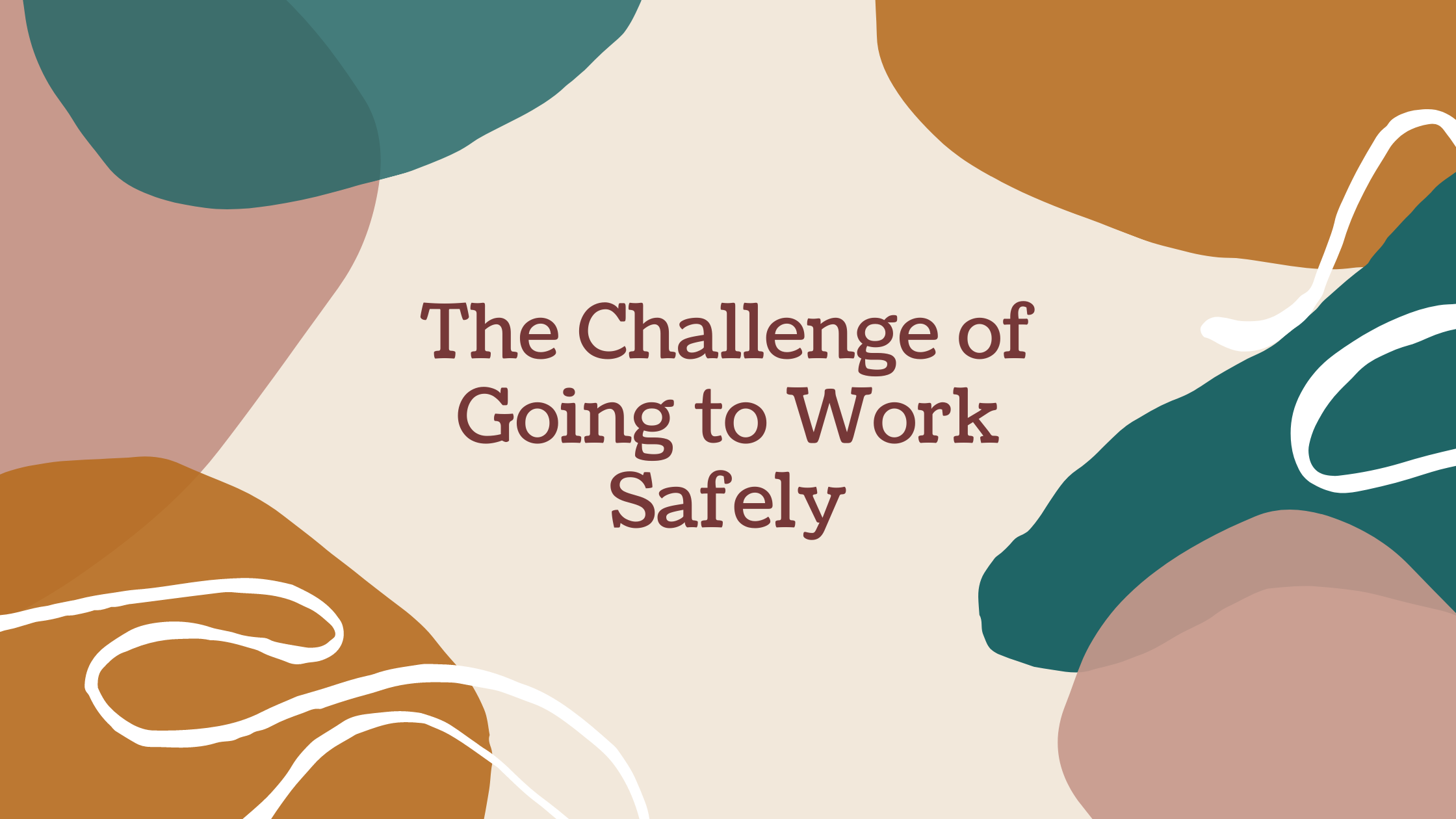The Challenge of Going to Work Safely

Share this
Going to work isn’t what it used to be. Especially in the entertainment industry. We all want to work again, but we now face risks that we never had to face before. Many who work in live entertainment don’t even have the prospect of a job at all. To say it’s a difficult time is an understatement.
However, shows have begun filming again in locations both here and abroad. Even with the strictest safety protocols in place though, working on set can be risky. Just look at the production of The Batman. No sooner did production start back up in London than someone tested positive for COVID-19 and they had to shut down again. In commercials, some crew members are complaining that safety is often lax on set. We all have to make our own decisions about whether the risks of going to work are worth taking.
There are 2 looming issues facing productions that have yet to be resolved, and perhaps never will be.
- Limiting the workday on set to 10 hours. Getting enough rest on a long production is essential for a strong immune system. As of now, shorter workdays have not been the case. By some accounts, several shows have even longer hours than before. The only way shorter days on set is a possibility is if shooting schedules are extended. This of course costs money, and there is no sign that it will happen anytime soon, if ever. The expense of COVID-19 testing and PPE for cast and crew, plus additional medical personnel on set pretty much guarantees that shorter hours will remain an unachievable goal. At least for the time being.
- Limiting the number of people together on set at any one time. I've heard mixed reports on how well productions are handling this issue. We've heard about different zones being created on set, but how strictly zone access is being enforced varies by production. Testing all cast and crew several times a week is essential to keeping everyone safe.
Another issue that many in the industry will soon have to confront is health insurance. The DGA and some IATSE locals have extended paid COBRA coverage through December 31, 2020. With most of the industry out of work for months, working enough to qualify for union health insurance coverage has been impossible for many. Anyone who's ever paid for COBRA coverage knows how expensive it is. Workers trying to catch up financially after months of unemployment will find it difficult to pay for their health insurance.
In the interest of providing the most up-to-date information on where we are as an industry in terms of safety protocols for productions during COVID-19, I’m providing links here to all the relevant safety documents that have come out up to now.
The Safe Way Forward, a joint report issued by the DGA, SAG-AFTRA, IATSE and the Teamsters, can be found here.
The Association of Independent Commercial Producers (AICP) COVID-19 Workplace Guidelines and Considerations for commercials can be found here.
IATSE local 600, the International Cinematographers Guild, recommendations for returning to work can be found here.
IATSE set lighting technicians local 728 COVID-19 Prevention Guidelines can be found here.
IATSE local 80 grips TV production COVID-19 safety protocols can be found here.
The Producers Guild of America (PGA) COVID-19 Safety Protocols for Producing Independent Productions can be found here.
New Mexico's Film and Television Production Health Safety Initiative, appropriately titled Back2One, can be found here.
COVID-19: Georgia Best Practices for Film and Television can be found here.
The AMPTP Industry-Wide Labor-Management Safety Committee Task Force White Paper can be found here.
What these documents can't reveal is how stringently these guidelines are being followed on each individual set. Few of us thought 6 months ago that we'd still be dealing with the challenges of going back to work by Labor Day, but here we are.
Unions fought for and got weekends off and paid holidays for American workers. Now the cast and crews of our industry must rely on them once again to fight for our health and safety in the workplace during this pandemic. Our lives depend on it.